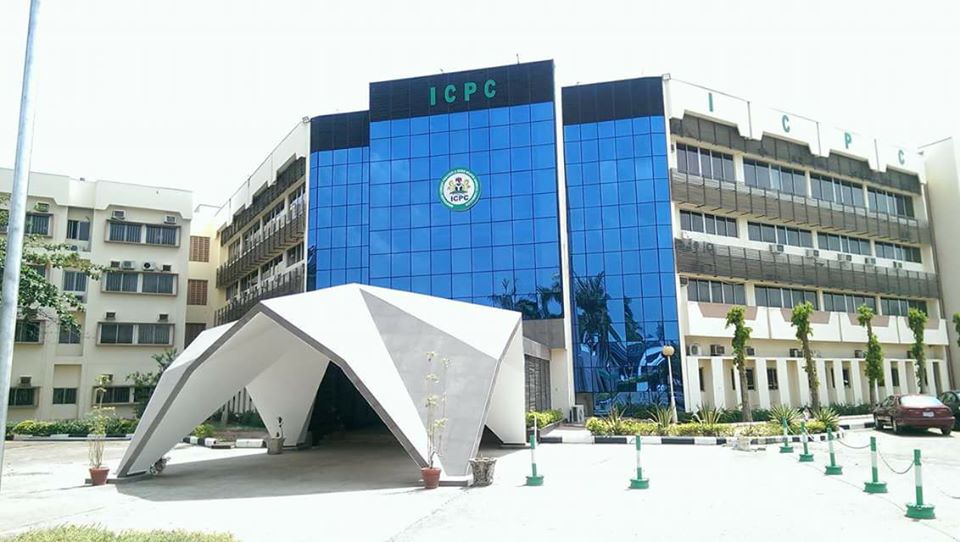The former Executive Secretary of National Universities Commission (NUC), Professor Peter Okebukola said that the ranking of Nigerian Universities on the global index will remain poor unless the issue of Academic integrity is seriously tackled.
Prof. Okebukola stated this recently in a keynote address titled “Evaluating Academic Integrity in Tertiary Institutions in Nigeria,” at a workshop organized by the Anti-corruption Academy of Nigeria (ACAN), the training arm of the Independent Corrupt Practices and other Related Offences Commission, which took place at the ICPC auditorium Abuja.
The former NUC Executive Secretary, who admitted that there was no national empirical data on the status of academic integrity in Nigerian university system, said that students’ academic integrity, staff academic integrity and Vice-Chancellor behaviour were some of the factors considered in ranking of universities in Nigeria.
According to him “We must all come to the realization that whether we like it or not, ranking is here to stay.
He explained that the socio-cultural influence of the larger Nigeria society on the university cannot be under estimated, noting that “The corruption level which directly and indirectly impact on academic integrity is high in Nigeria more so in the last 8 years. We cannot have a saintly university system in an ocean of corrupt larger community reeking with persons with dishonest attribute, where parents are key agent in ‘sorting’ by inducing lecturers for marks for their children and wards and bribing admission officers to secure admission.”
He argued that technology was another force affecting academic integrity in Nigeria adding that internet was rich with resources which aided plagiarism while examination malpractices and certificate forgery were aided by technology.
Prof. Okebukola further said that the third force affecting academic integrity in universities was institutional constraints, adding that Nigerian universities must tackle some of the integrity challenges associated with academic integrity in Nigeria, if, “our global rating in academic integrity must be elevated.”
As a way of improving academic standard in Nigerian Universities, Prof. Okebukola advocated ten prong steps. These include; developing a university policy/code on academic integrity, wide dissemination of the policy, conducting university–wide workshops on the policy, securing signature of staff and students as endorsement and agreement with the provisions of the policy, setting up a unit on academic integrity, rewarding and celebrating exemplary staff and students, procuring, periodic update and widely using plagiarism software, confirmation of non-plagiarism, include concepts on academic integrity in the general studies programme, and sanctioning erring students and staff.
The Executive Secretary of the NUC Prof.Julius A.Okojie, in his goodwill message delivered by the Director of Quality Assurance, Dr. N.O. Saliu, called on stakeholders in the education sector to adopt a democratic atmosphere which will not permit dishonesty, stressing that the issue of academic dishonesty had lessened the credibility of qualifications and certificate in Nigerian universities in recent years.
In his welcome address, the Provost, Anti-corruption Academy of Nigeria (ACAN) Prof. Sola Akinrinade lamented that graduates of Nigerian universities have come under immense scrutiny with a lot of question marks on the veracity of their qualifications.
He said, “In the recent years, doubts had been raised about the extent to which qualifications being paraded by the graduates of tertiary institutions are true reflections of their abilities and achievements while they traversed the corridors of our tertiary institutions as undergraduates”.
The Chairman of ICPC, Barrister Ekpo Nta enumerated several collaboration engaged by the Commission with other organizations like the TETFUND, DFID, and UNODC, adding that the initiatives had impacted positively on the integrity culture in the country.
Other speakers at the workshop include;, Prof. Dibu Ojerinde Registrar, Joint Admission and Matriculation Board, Prof. Olu Aina, Board member of ICPC, Prof Adesegun Fatusi and Mrs R.A. Okoduwa Director, Public Enlightenment Department of ICPC.

